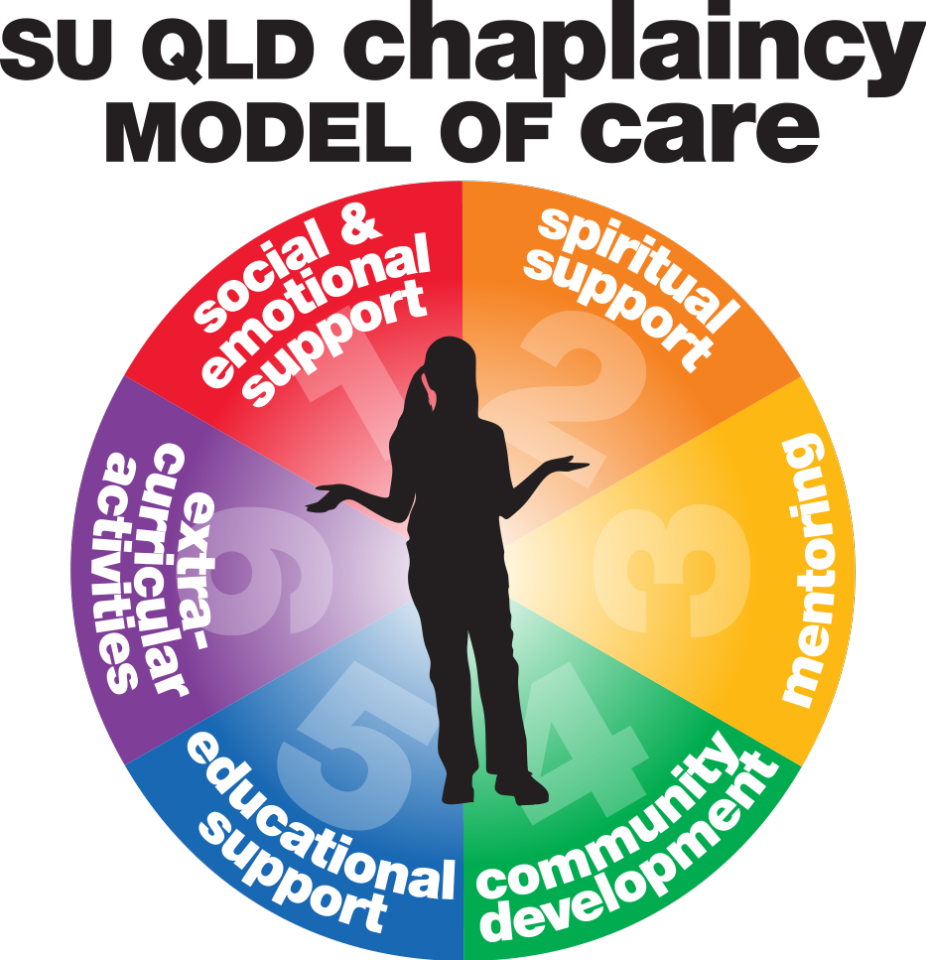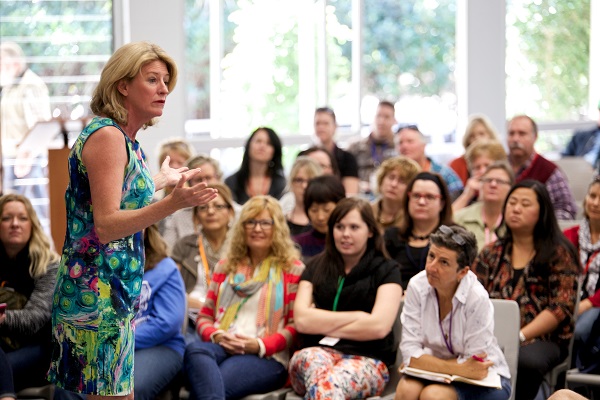Over the last few months, we have been working our way through various aspects of the chaplain’s seven role areas. Six of these role areas are what we would  describe as ‘direct practice’ areas. They are the parts of the role that focus on direct chaplaincy practice with students, parents/carers and staff in schools. They are the one-on-one conversations, group activities and school programs through which chaplains provide their social, emotional and spiritual support. The seventh role area, Team Contribution, is not about direct practice. It is about the organisational and professional activities that underpin a chaplain’s direct practice work.
describe as ‘direct practice’ areas. They are the parts of the role that focus on direct chaplaincy practice with students, parents/carers and staff in schools. They are the one-on-one conversations, group activities and school programs through which chaplains provide their social, emotional and spiritual support. The seventh role area, Team Contribution, is not about direct practice. It is about the organisational and professional activities that underpin a chaplain’s direct practice work.
Organisational Team Contribution activities include: meetings with line managers or local committees, writing reports, promoting the Chaplaincy Service, fund raising, administration and involvement in activities required by SU QLD. Professional Team Contribution activities include: participating in in-service days, professional development, coaching and mentoring sessions and professional supervision.
In last year’s chaplaincy activities survey, SU QLD school chaplains estimated that they spent 6% of their time engaged in team contribution activities. This figure is descriptive, not prescriptive, but it’s a good figure. It gives us an idea that chaplains should be spending some time, but not heaps of time, on these kinds of activities. The actual amount of time spent on such activities will differ from chaplain to chaplain, and will change for each chaplain over time.
So, what do we want to say about the Team Contribution role? Well, we want to say that it’s important and that school chaplains should be encouraged to value it, spend time doing it and engage in it with some enthusiasm.
From the organisational perspective, catching up with line managers and LCCs creates opportunities to share information, pick up useful work and collaborate on projects; writing reports, articles and sharing stories with churches, community organisations and interested individuals gets others involved, invested and supporting; promoting fund raising activities raises the service profile, gets people involved and creates resources for more good chaplaincy work to be done; and engaging in SU QLD activities enhances a chaplain’s wellbeing promotion work.

From the professional perspective, engaging in in-service days connects chaplains with other chaplains and keeps them informed on important developments; making a professional development plan and participating in professional development activities improves a chaplain’s effectiveness and wellbeing outcomes for people; and going to regular coaching and professional supervision promotes self-care, longevity in the role and best practice chaplaincy.
It needs to be said, that some chaplains will need to be encouraged to engage in the various threads of the Team Contribution role. Chaplains tend to really love people and their work and are often reluctant to leave it to do what they might consider to be lesser tasks. We’d like to encourage you to encourage them to see what the Team Contribution aspect of their role has to offer, not just them as chaplains, but the people they are seeking to serve.
